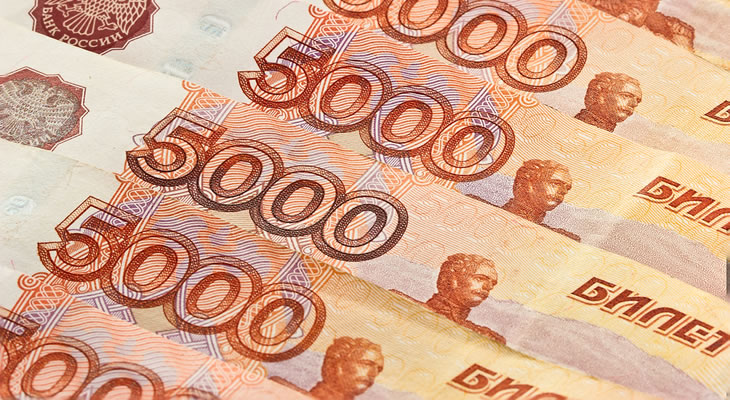After slumping in response to underwhelming manufacturing and construction PMIs the Pound rallied on a better-than-expected result from the service sector.
As services account for roughly 80% of economic activity in the UK a strong showing here offered some much-needed reassurance to investors.
The services PMI strengthened from 53.5 to 55.0 in March, with the financial sector driving growth even as consumer-focused sectors suffered some slowing in activity.
Even so, as Chris Williamson, Chief Business Economist at IHS Markit, noted:
‘The survey data indicate that UK business activity growth regained some momentum after having slipped to a five-month low in February, but the upturn fails to change the picture of an economy that slowed in the first quarter.
‘The relative weakness of the PMI survey data compared to that seen at the turn of the year suggests the economy will have grown by 0.4% in the first quarter, markedly lower than the 0.7% expansion seen in the fourth quarter of last year.’
This could limit the bullishness of the Pound in coming days, particularly if Bank of England (BoE) Governor Mark Carney continues to talk down the prospect of any increase in interest rates.
With inflationary pressures rising and wage growth stagnant households are expected to experience a greater squeeze over the course of the year, limiting domestic growth prospects.
Worries over Brexit are also likely to weigh on GBP exchange rates for the foreseeable future, with any signs of harder rhetoric from politicians expected to spook investors.
Although the Russian inflation rate fell from 4.6% to 4.3% in March this was not enough to dent the Pound Rouble exchange rate on Wednesday.
While this showed positive progress towards the Central Bank of Russia’s inflation target the mood towards the Rouble remained muted.
A general mood of risk aversion encouraged investors to sell out of the vulnerable Rouble, especially as Brent crude prices came under fresh pressure.
US crude oil inventories were found to have risen by 1.5 million barrels in the last week, indicating that the global oversupply glut is unlikely to ease any time soon.
If oil prices continue to slump this could keep the GBP RUB exchange rate on a stronger footing, with persistent weakness boding ill for the Russian economy and its reliance on oil exports.
However, the Rouble could find something of a rallying point if March’s foreign exchange reserves report proves encouraging.
A widening of the reserves may improve the appeal of the risk-sensitive Rouble, although wider global political and market developments could limit any gains.


Comments are closed.